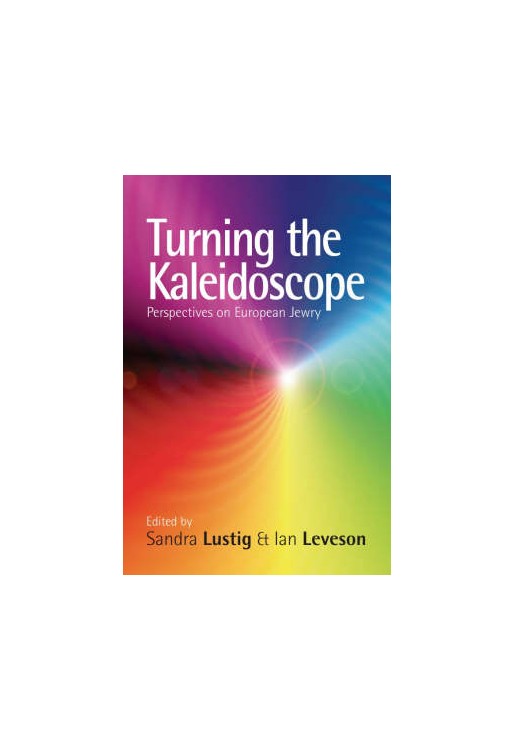Far from being a blank space on the Jewish map, or a void in the Jewish cultural world, post-Shoah Europe is a place where Jewry has continued to develop, even though it is facing different challenges and opportunities than elsewhere. Living on a continent characterized by highly diverse patterns of culture, language, history, and relations to Jews, European Jewry mirrors that kaleidoscopic diversity. This volume explores such key questions as the new roles for Jews in Europe; models of Jewish community organization in Europe; concepts of diaspora and galut; a European-Jewish way of life in the era of globalization; and European Jews' relationship to Israel and to non-Jews. Some contributions highlight experiences of Jews in Britain, Sweden, Norway, Hungary, Austria, Germany, and the Netherlands. Helping us to understand the special and common characteristics of European Jewry, this collection offers a valuable contribution to the continued rebuilding of Jewish life in the postwar era. "...with its assertiveness as well as the confidence and sense of excitement expressed on its pages, the volume is in itself a document of the tremendous change that has occurred in Europe. The multicultural Europe that appears to be emerging will indeed possess a different culture from the humanist universalism (or worse) of the nineteenth and twentieth centuries, which could not tolerate Jewish difference. And it is conceivable that, as this volume claims, a recovering European Jewry will develop its own voice and weight at a time when Diaspora Jewries worldwide are moving beyond the Israel- and Shoah-focused identities of the postwar era." * European History Quarterly
"...a valuable contribution to the study of postwar Jewish life. In attempting to reverse popular misperceptions about the fate of continental Jewry after World War II, it enables readers to hear 'voices' that have been ignored for too long." * Shofar
Acknowledgements
Introduction
Sandra Lustig and Ian Leveson
PART I: OVERARCHING QUESTIONS
Chapter 1. A New Role for Jews in Europe: Challenges and Responsibilities
Diana Pinto
Chapter 2. European Models of Community: Can Ambiguity Help?
Clive A. Lawton
Chapter 3. Concepts of Diaspora and Galut
Michael Galchinsky
Chapter 4. 'Homo Zappiens': A European-Jewish Way of Life in the Era of Globalisation
Lars Dencik
Chapter 5. Israel and Diaspora: From Solution to Problem
Goeran Rosenberg
PART II: INNER-JEWISH CONCERNS: REBUILDING AND CONTINUITY
Chapter 6. Left Over - Living after the Shoah: (Re-)building Jewish Life in Europe. A Panel Discussion
Sandra Lustig
Chapter 7. Debora's Disciples: AWomen's Movement as an Expression of Renewing Jewish Life in Europe
Lara Dammig and Elisa Klapheck
Chapter 8. A Jewish Cultural Renascence in Germany?
Y. Michal Bodemann
PART III: THE JEWISH SPACE IN EUROPE
Chapter 9. The Jewish Space in Europe
Diana Pinto
Chapter 10. Caught between Civil Society and the Cultural Market: Jewry and the Jewish Space in Europe. A Response to Diana Pinto
Ian Leveson and Sandra Lustig
Chapter 11. 'The Germans Will Never Forgive the Jews for Auschwitz'. When Things Go Wrong in the Jewish Space: The Case of the Walser-Bubis Debate
Sandra Lustig
Notes on Contributors
Index


